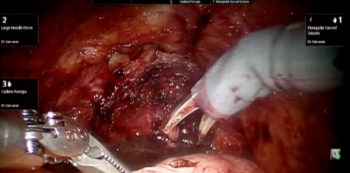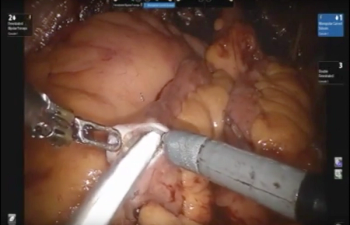
Researchers hypothesized that during a time of resource scarcity, the incidence of PSA-detected prostate cancer would decrease and the use of noncurative management strategies would increase, reports Urology Times SUO internship program member Ryan Hutchinson, MD.


